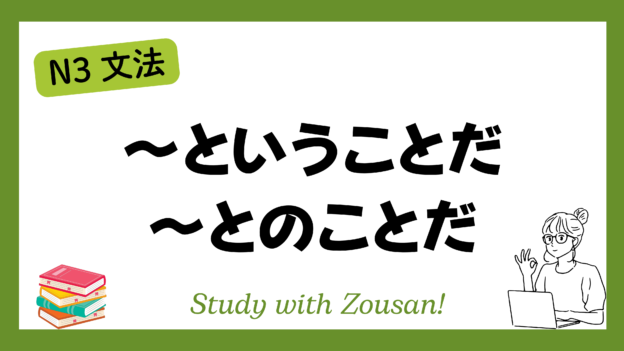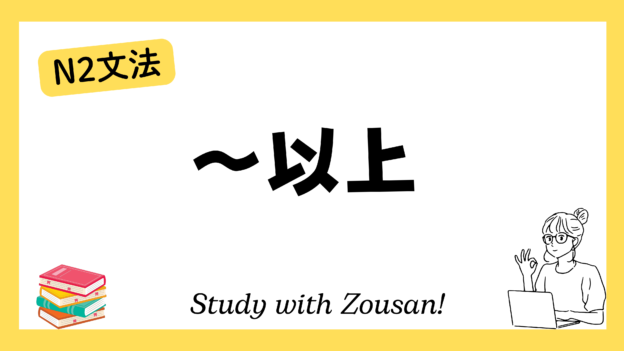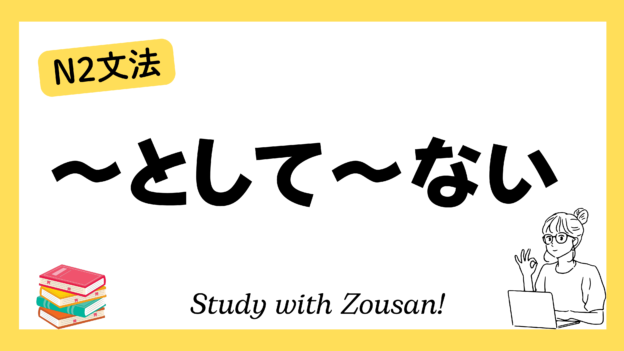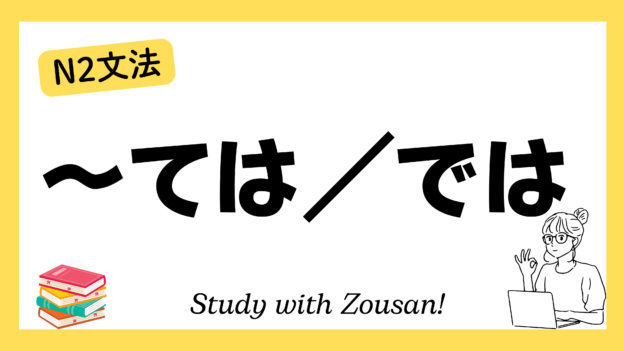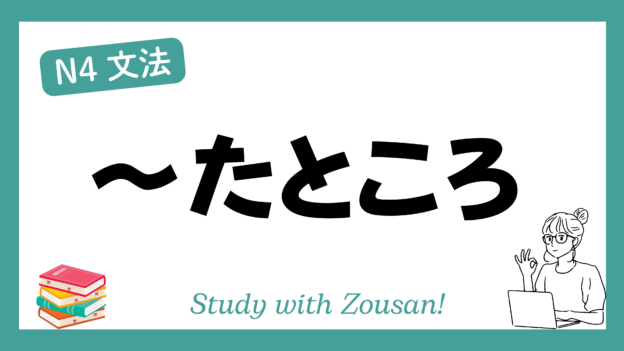N3文法:~ということだ/~とのことだ
Meaning: “I heard that…”, “It is said that…”
“~ということだ” and “~とのことだ” are used to report information that the speaker has heard or learned, often from a third party. They both can be translated as “I heard that…” or “It is said that…”, and they are often used to convey hearsay or conclusions based on external sources.
※Note: “~とのことだ” is slightly more formal and is often used when passing on specific or important information, while “~ということだ” is more casual.
Structure:
| Verb (dictionary form) | + ということだ + とのことだ + ってことだ |
| Noun +(だ) | |
| な-adjective +(だ) | |
| い-adjective + い |
Example:
-
-
-
🌟 彼は来週帰国するということだ。
(かれ は らいしゅう きこく する ということ だ。)
I heard that he will return to his country next week. -
🌟 彼は元気だということだ。
(かれ は げんき だ ということ だ。)
I heard that he is doing well. -
🌟 試験は難しいということだ。
(しけん は むずかしい ということ だ。)
I heard that the exam is difficult. -
🌟 来月、彼が結婚するということだ。
(らいげつ、かれ が けっこん する ということ だ。)
I heard that he is getting married next month. -
🌟 その会社は倒産したということだ。
(その かいしゃ は とうさん した ということ だ。)
I heard that the company went bankrupt. -
🌟 彼は今、日本にいるとのことだ。
(かれ は いま、にほん に いる とのこと だ。)
I heard that he is currently in Japan. -
🌟 会議は延期されたとのことだ。
(かいぎ は えんき された とのこと だ。)
I heard that the meeting has been postponed. -
🌟 彼は新しい仕事を見つけたとのことだ。
(かれ は あたらしい しごと を みつけた とのこと だ。)
I heard that he found a new job. -
🌟 彼女は今、海外にいるということだ。
(かのじょ は いま、かいがい に いる ということ だ。)
I heard that she is currently abroad. -
🌟 このプロジェクトは成功したとのことだ。
(この プロジェクト は せいこう した とのこと だ。)
I heard that this project was successful.
-
-



